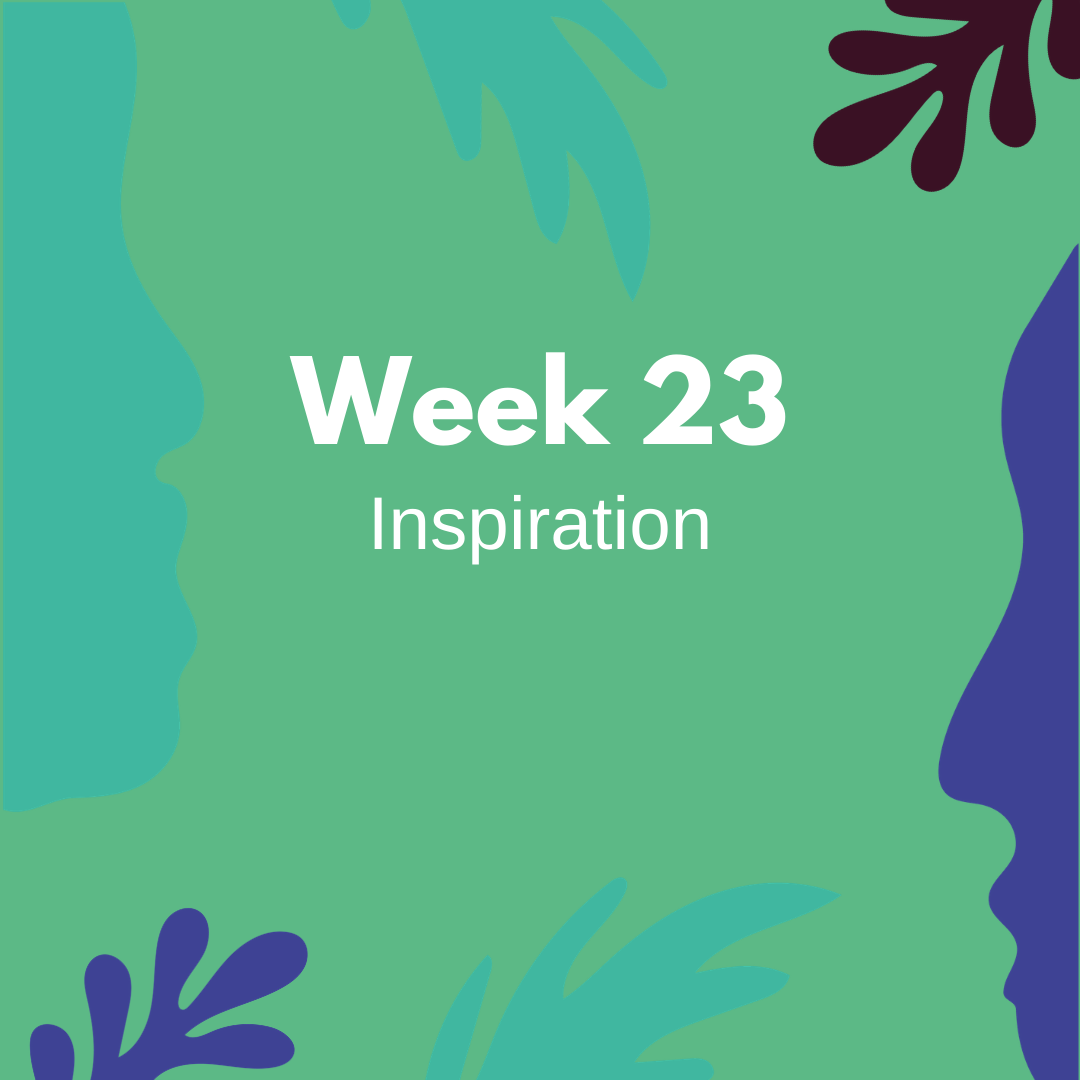THIS WEEK IS ALL ABOUT WRITING FOR YOUR BUSINESS…
It’s not that easy to write about your small business in a way that attracts and engages people. It can be scary to even put something out there that you can be judged on.
Improving your writing skills helps save you time and money, helps you build trust and helps you to get your ideas across with greater impact.
tips on how to improve your writing
Here are some tips we have on how to improve your writing
Write simply and clearly - avoid jargon (unless its for an industry specific audience) use plain English and keep everything clear and simple to read and understand
Check your spelling and grammar - if you are unsure about your spelling and grammar don’t write directly onto your website or social media. Type your written content out on Word, or google docs or similar with spell check or software such as grammarly
Be clear on your objectives - why are you writing what you’re writing? Understanding your objectives will help you keep your writing clear and concise and will help you to define the language, tone and structure you should use.
All written content has an objective. For example you could be writing a funding application, a business plan to secure funding or content for your website or social media. All of these pieces of writing have different audiences and objectives. Being clear on the objective is the important first step in writing for your business.
Know your audience - who will be reading your writing? Understanding your audience's needs, wants and concerns will help you keep your writing focussed and will also help with choosing the tone, language and structure. Think about how much they care about the subject, for example your social media audience will probably be very interested in the creative elements of your business, whilst your bank manager might be more interested in your business model and financial projections. If your audience is very interested you can go into more detail, but for a less interested audience you might need to get to the point more quickly. It's also important to consider how much they know about the subject, this will dictate what kind of language you use and how much detail you need to go into. You also need to consider their expectations, for example will they want to see background detail and data.
Have a process - to make your writing quicker and more efficient have a process, a series of logical, manageable steps you use to get something written that meets its objectives. For example begin by establishing your objective,plan the structure and key messages then do your research and gather all your information together. Then write a draft, begin with bullet points if you find it hard to get started. Then edit your draft, for spelling, grammar and to make sure it all makes sense and flows.
Edit your writing - read through your written content and check it is clear and consistent, isn’t too wordy or long-winded, check your grammar and spelling.
Get feedback - get someone independent to read through your writing to check it makes sense and is interesting and engaging. Getting feedback especially from an independent audience is invaluable.Someone who isn’t as close to your writing is more likely to spot problems you may miss.
industry expert workshop on writing for your business
WEEK 23 BOOK
Since its release in 1936, How to Win Friends and Influence People has sold more than 15 million copies. Dale Carnegie's first book is a timeless bestseller, packed with rock-solid advice that has carried thousands of now famous people up the ladder of success in their business and personal lives.
As relevant as ever before, Dale Carnegie's principles endure, and will help you achieve your maximum potential in the complex and competitive modern age.
Learn the six ways to make people like you, the twelve ways to win people to your way of thinking, and the nine ways to change people without arousing resentment.
week 23 podcast
In his Design Your Life podcast series, Vince Frost discusses how design principles can be applied to everyday life with a group of leading creative guests. Listen in as designers, journalists, CEOs and founders reveal the key turning points in their lives and talk about the role design has played in shaping the success of their brands and careers.







